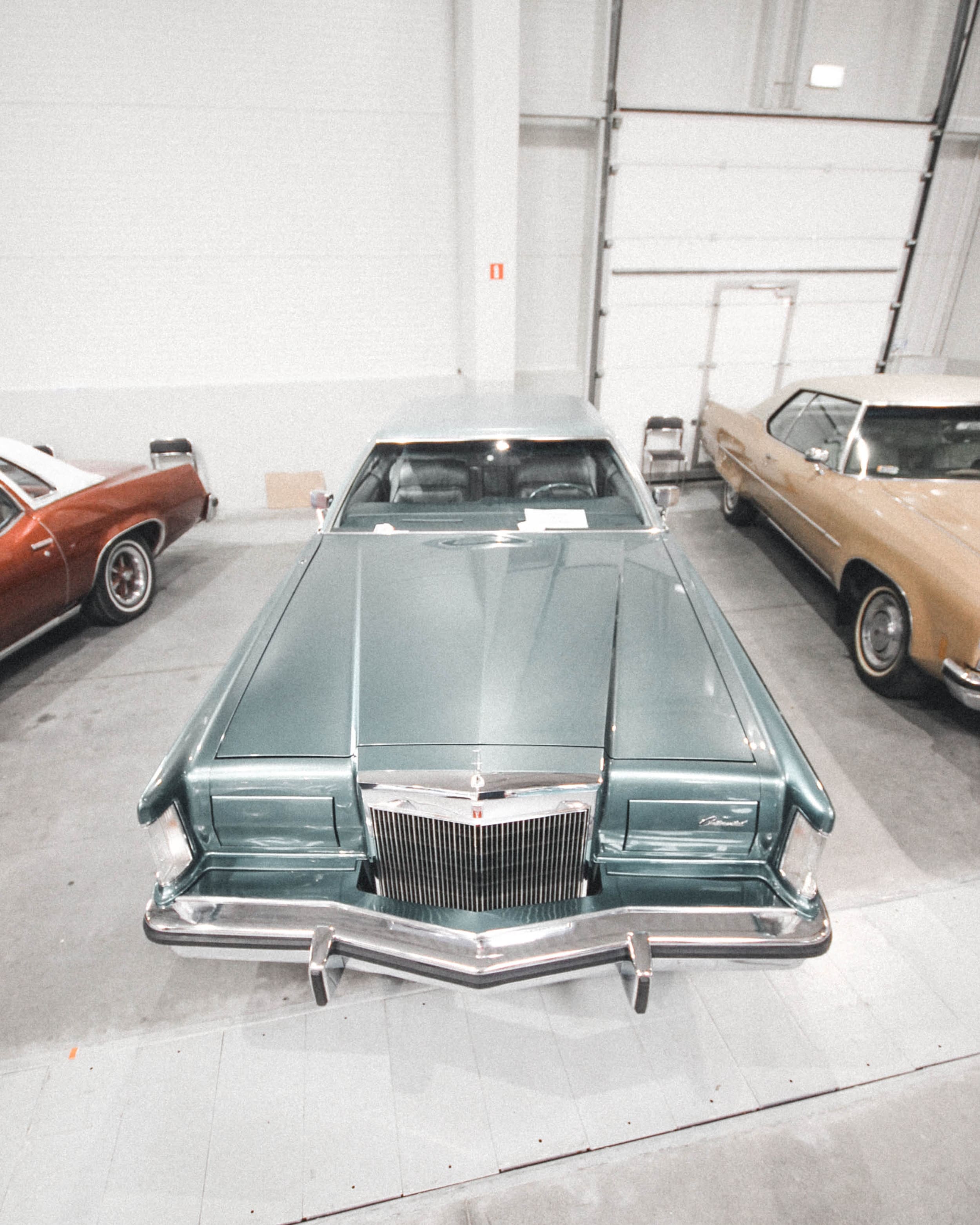
All

Why do airlines feel that people who fly business or first class are more important as passengers than someone who flies coach or main cabin?
Airlines often prioritize and provide special treatment to passengers flying business or first class due to several reasons:
- Higher Revenue: Business and first-class tickets generate significantly more revenue for airlines compared to coach or main cabin tickets. The premium prices charged for these classes allow airlines to offer enhanced services and amenities, which attract high-paying customers. This additional revenue helps airlines cover their operational costs and make profits.
- Customer Expectations: Passengers who choose to fly business or first class typically have higher expectations in terms of comfort, convenience, and personalized service. Airlines recognize the need to meet these expectations and provide a superior experience to retain these valuable customers. By offering exclusive benefits such as spacious seating, priority boarding, dedicated lounges, and premium dining options, airlines aim to exceed the expectations of their premium passengers.
- Brand Image: Airlines strive to maintain a positive brand image and create a perception of luxury and exclusivity associated with their business or first-class cabins. This image helps attract high-profile individuals, corporate clients, and frequent flyers who value the prestige and status associated with premium travel. By treating business and first-class passengers as VIPs, airlines reinforce their brand identity and differentiate themselves from competitors.
- Loyalty Programs: Airlines often have loyalty programs, such as frequent flyer programs, which offer various tiers or membership levels. Passengers who frequently fly business or first class are typically awarded higher status within these programs, granting them additional benefits like priority check-in, extra baggage allowance, and access to exclusive airport lounges. These perks further incentivize passengers to choose premium cabins and remain loyal to a particular airline.
- Competitive Advantage: In the highly competitive airline industry, offering superior business and first-class services can give airlines a competitive edge. By investing in premium cabins, airlines can attract corporate clients, luxury travelers, and individuals who are willing to pay extra for a more comfortable and convenient travel experience. This, in turn, allows airlines to differentiate themselves and gain a competitive advantage over carriers that solely focus on economy-class travel.
It is important to note that while airlines prioritize premium passengers, they also strive to provide a satisfactory experience for those traveling in coach or main cabin. However, the level of service and amenities may vary due to the difference in ticket prices and customer expectations.
References:
Related Posts
© 2025 Invastor. All Rights Reserved

User Comments